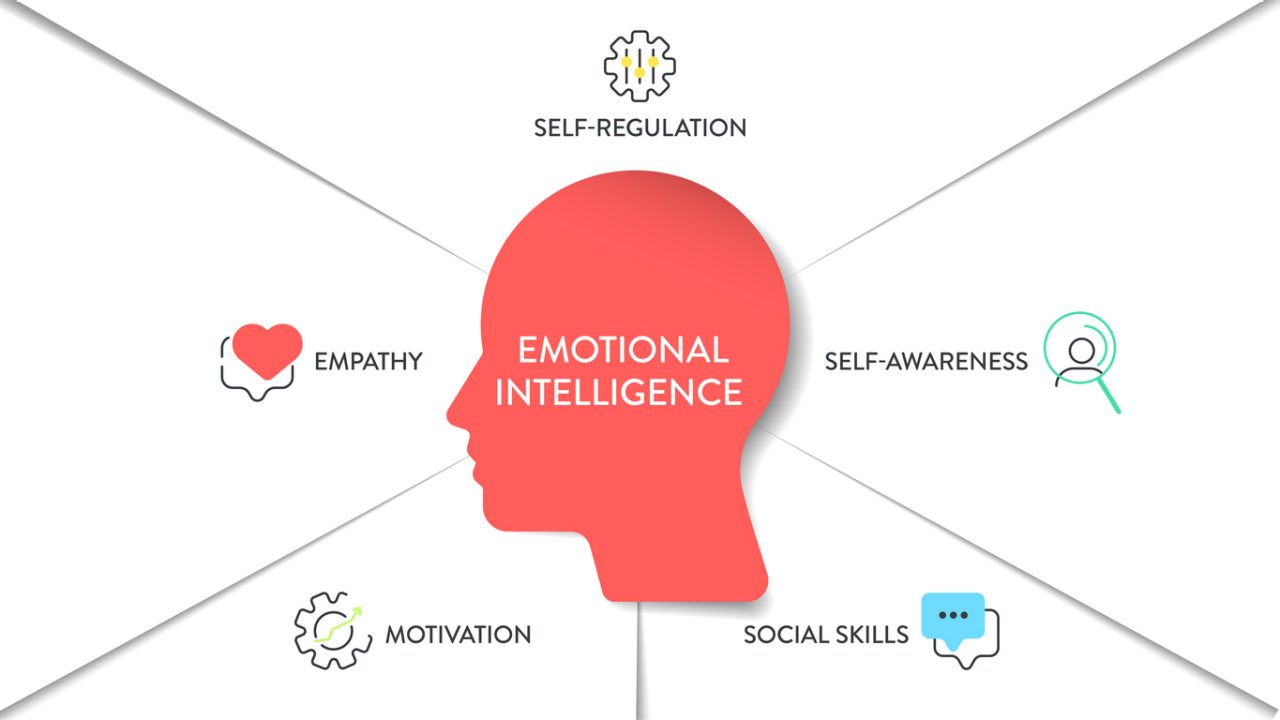Emotional intelligence and diversity are two concepts at the heart of workplace equity today. They are crucial to create an inclusive and diverse work culture. While human beings think both logically and emotionally, emotions take the dominant role.
Emotional intelligence is one of the most important skills in modern workplaces. It first went mainstream in 1995 when Daniel’s Goldman's book, Emotional Intelligence was on The New York Times bestseller list for a year-and-a-half, with more than 5,000,000 copies in print worldwide, in 40 languages. As Daniel Goldman quotes, “Emotional intelligence refers to a unique way of being smart. EI is a key to high performance, particularly for outstanding leadership. It is not your IQ, but rather it's how you manage yourself and your relationships with others.”
Emotional intelligence also known as EI or EQ, is a person's ability to manage his feelings so that those feelings are expressed appropriately and effectively. It's another kind of brain power which, rather than helping solve puzzles, help regulate emotions and understand others. Goldman claims it to be the largest single predictor of success in the workplace.
Some Insights from Workspace
In today’s workspace we can agree largely that individuals who do not work well with others or are unwilling to accommodate different points of view run the risk of quickly falling behind rates in the workplace and even in their careers. As we seek to further understand how workplaces can evolve into places where equity and diversity are as prized as competency and success, it becomes more important to ensure that an organisations best practices regarding hiring, retention and even firing, actively avoid making workplaces toxic or unwelcoming.
Adam Grant, Wharton’s top-rated professor and bestselling author of Think Again, wrote in an article in 2021, that business leaders need to take a hard look at what they mean by best practices. Adam points that very often many organizations and its people become excessively attached to best practices and procedures. With the world of work changing constantly, practices that were productive 5-10 years ago, will not be relevant today. Best practices do not always mean that they are perfect, there is always a room for improvement. Organizations should strive to embrace “better practices” over “best practices”.
Adam also highlights that emotions are valuable data. Emotions and feelings mirror people’s motivation and what occupies their energy and attention. With the absence of this information, a leader is at a loss. Parallel to this, if one lacks or does not display any emotion it shows lack passion and incapable to connect to the trials of the moment.
Conclusion
As AI continues to change the work dynamics, Bernard Marr, a world-renowned futurist, influencer and thought leader in the fields of business and technology, underscores the importance of soft skill in present and future, technology driven work milieu. He quotes, “the people who will be most successful in the workplace of the future will be those who cultivate soft skills that relate to how you think, work, and relate to other people.” Another skill he highlighted was “cultural intelligence and diversity consciousness.” With diversity workplaces and societies can relate well with others and work more effectively.
Also Read: Leveraging EQ and Diversity: Building High Performance Team




